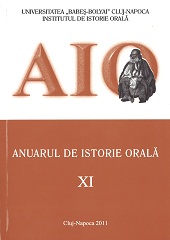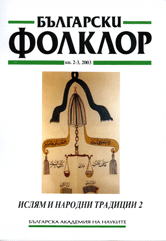Influence of the Lithuanian Presidency of the EU Council on EU Relations with Countries of the Eastern Partnership
Influence of the Lithuanian Presidency of the EU Council on EU Relations with Countries of the Eastern Partnership
The Eastern Partnership initiative has run a bumpy course during its first five years of existence. It has not yet reached its goal of stabilising the EU’s Eastern Neighbourhood, and drawbacks in relation to each of the Eastern Partnership countries might even lead to the conclusion that the partnership no longer exists. The results are far short of what was expected, with many EU member states having lost their interest in the Eastern Neighbourhood. Nevertheless, the Lithuanian presidency of the Council in the second half of 2013 identified the Eastern Partnership as one of its key priorities, aiming to reinvigorate the EU’s relations with its Eastern neighbours. This article discusses the efforts of the Lithuanian presidency to maintain and strengthen EU-Eastern Partnership relations and analyses the extent to which Lithuania has been influential in this regard. In doing so, it assesses three interlinked indicators: (i) Lithuania’s achievement of goals; (ii) the extent to which the achievement of goals can be ascribed to the presidency; and (iii) the political relevance of Eastern Partnershiprelated developments in 2013. The article concludes that the presidency is not usually influential in existing frameworks for cooperation, but does exert influence in establishing and consolidating cooperation between the EU and Eastern Partnership countries in specific policy areas, as well as in providing political backing to push certain measures forward.
More...

